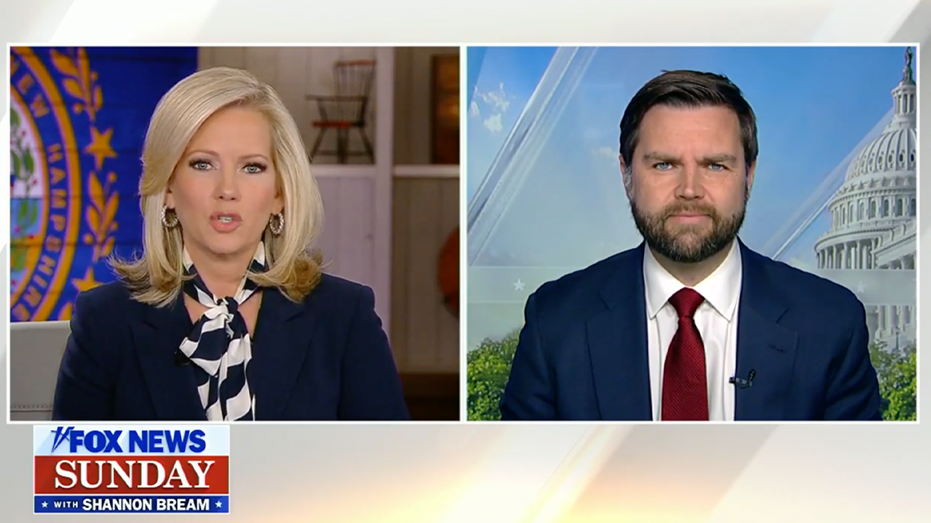Linklaters early bet on competition law sees it leading in class action trend
Law firms are racing to grab work defending businesses during the class actions surge but Linklaters sees itself at the 'forefront'


It won’t come as a surprise that law firms are racing to grab work defending businesses as the surge in class actions doesn’t seem to be slowing down anytime soon.
A handful of City firms already had their eyes on the rise of these actions, including magic circle law firm Linklaters.
Speaking to City AM as part of Eyes on the Law, Linklaters partner Sarina Williams stated that on the defence side in large funded competition class actions, “we would describe ourselves as at the forefront of the market”.

There are a few factors on why she thinks this may be the case. She detailed that the firm kept a close eye on what was happening in the European Commission in the late 2000s, when it made competition law infringements a priority.
“Back in those days the UK was in the EU and Brexit wasn’t even a possibility on the horizon, so there was definitely a feeling in the firm that this was going to be a focus area for the UK, and of course that has remained true even post-Brexit,” Williams noted.
It may also be due to the fact the firm had Sir Christopher Bellamy in its antitrust team up until 2020. Sir Bellamy was the founder (what is now) the Competition Appeal Tribunal (CAT), of which he was president until 2007.
As Williams pointed out, the firm “saw the writing on the wall quite early on”.
The law allowing this regime to take place in the UK came into effect in 2015.
However, there wasn’t a queue forming outside the CAT back then. Williams explained that “it got off to a very slow start. There were only a couple of cases that were brought over the next couple of years as the Tribunal applied quite a strict bar to certification.”
However, that changed when the Merricks v Mastercard case went up to the Supreme Court, as in its ruling determined that there should be a lower bar to certification.
The influx of cases came flooding in after this decision.
So what did Linklaters do during this period? Williams stated that “a lot of what we were doing at the time was thinking about particular sectors or clients that were likely to be targeted with these sorts of claims.”
She explained that the firm “looked to upskill on areas that were likely to be important for our existing and new clients that we thought were likely to be in the frame.”
The firm has secured mandates on representing Visa in a interchange fee case, Sony Playstation in a £5bn claim it faces, the Department of Transportation in the rail ticket case along with the defending sport for the case against Anglian Water.
The trend on class actions is not slowing down anytime soon.
Williams warned that “any large business that might be perceived as having deep pockets should be aware about the possibility of these types of cases being brought against them.”
As a law firm, she detailed that “one of the main ways to stay ahead of the curve is to be involved in lots of these cases.”
Additionally, she detailed on keeping ahead on the trend and working towards any potential new class action regime. Williams said she “would expect that there will be some sort of consumer law class action regime that will be introduced in the coming years.”
We’re focused on upskilling the team in respect of consumer law issues so if that regime was introduced, we would be incredibly well placed to advise clients,” she added.
Eyes on the Law is a weekly column focused on the legal sector.


